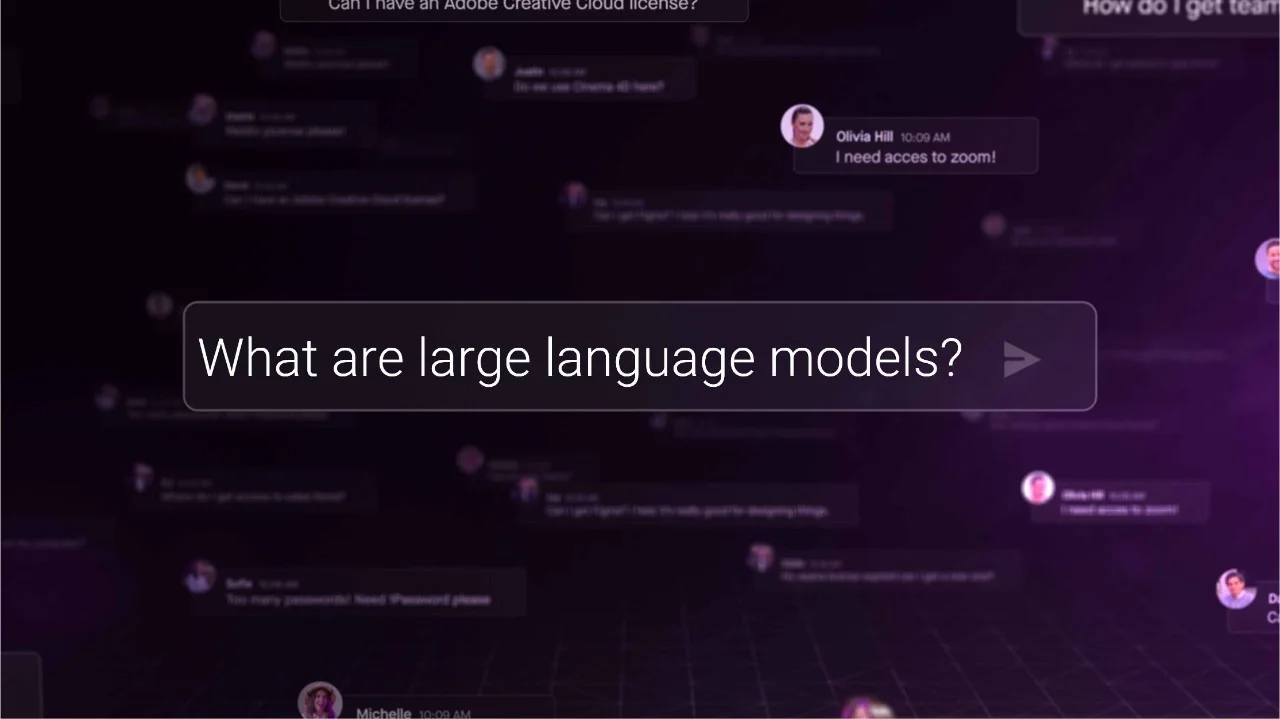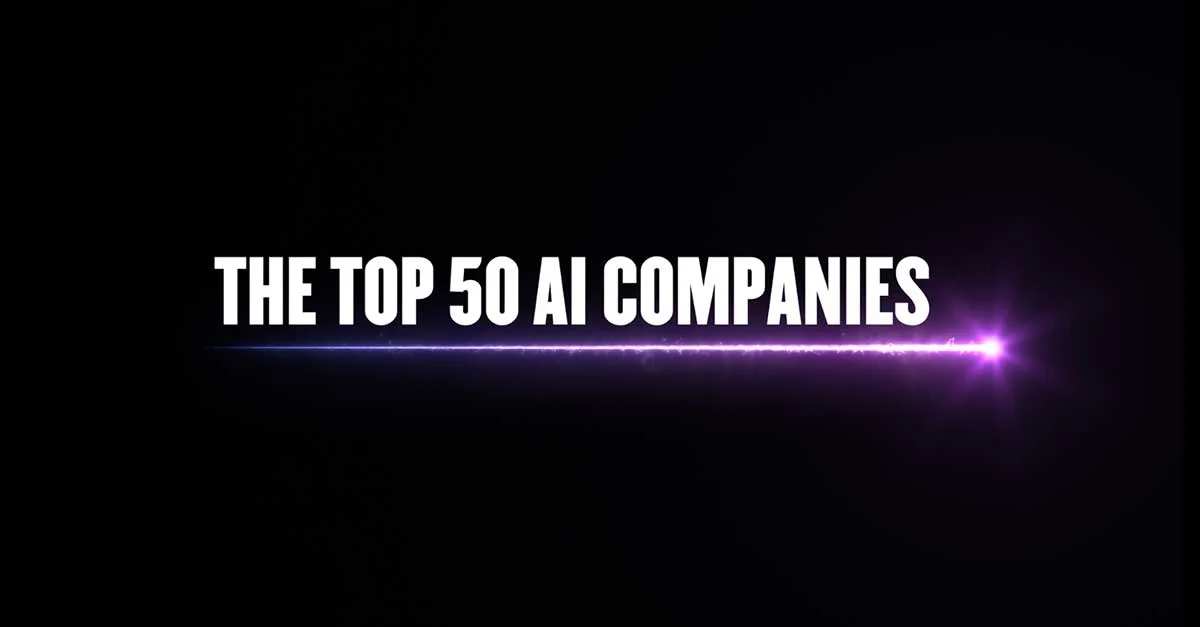- Text 1
How does strong AI work?
Strong AI, also called artificial general intelligence (AGI), refers to machines possessing generalized intelligence and capabilities on par with human cognition.
Unlike narrower weak AI systems, strong AI would have open-ended abilities to learn, reason, and adapt to unfamiliar environments. It implies human-level mastery of fluid skills like language, logic, planning, and creativity beyond any one domain.
While today's AI excels at specialized tasks, it lacks the common sense and contextual awareness that even young children display. Strong AI would combine or surpass human aptitudes across all cognitive facets in an integrated system.
By replicating versatile minds rather than isolated competencies, strong AI could rapidly self-improve and solve problems across every discipline from science to governance. Its superhuman intelligence could unlock transformative advances or existential risks.
Though the prospects of truly general artificial intelligence remain speculative, steady progress in AI capabilities has prompted rigorous research into ensuring benign outcomes.
While specialized weak AI already drives countless optimizations, the dawn of adaptable strong AI could represent an epochal event - ushering in either acceleration or peril. Its realization looms as one of technology's most consequential pursuits.
Why is strong AI important?
Strong AI is important because it aims to create AI systems with the same range of cognitive abilities as humans. This could enable AI to reason across many domains, adapt to new situations, and devise creative solutions to complex problems.
While narrow AI excels at specific tasks, strong AI's versatility could lead to discoveries and innovations that benefit humanity. Developing safe, ethical strong AI aligned with human values is challenging but necessary to fully realize its potential. Rather than just building intelligent machines, the ultimate goal of strong AI is using broad AI capabilities to solve some of the world's biggest challenges.
Why does strong AI matter for companies?
Strong AI could enable almost unimaginable capabilities. Hyper-efficient R&D, optimized marketing, error-free manufacturing — these hint at strong AI's potential.
Truly general artificial intelligence may excel at strategies, judgments, and expertise beyond any person. Early adopters could gain paradigm-shifting advantages. But such power warrants caution as well. Without ethical alignment, commercial incentives alone will produce catastrophic outcomes long-term.
Responsible development demands proactive collaboration between firms, academia and governments. While theoretical, strong AI's benefits and risks both scale with its unfathomable potential. Its partners must ensure wisdom and caution temper its capabilities.


